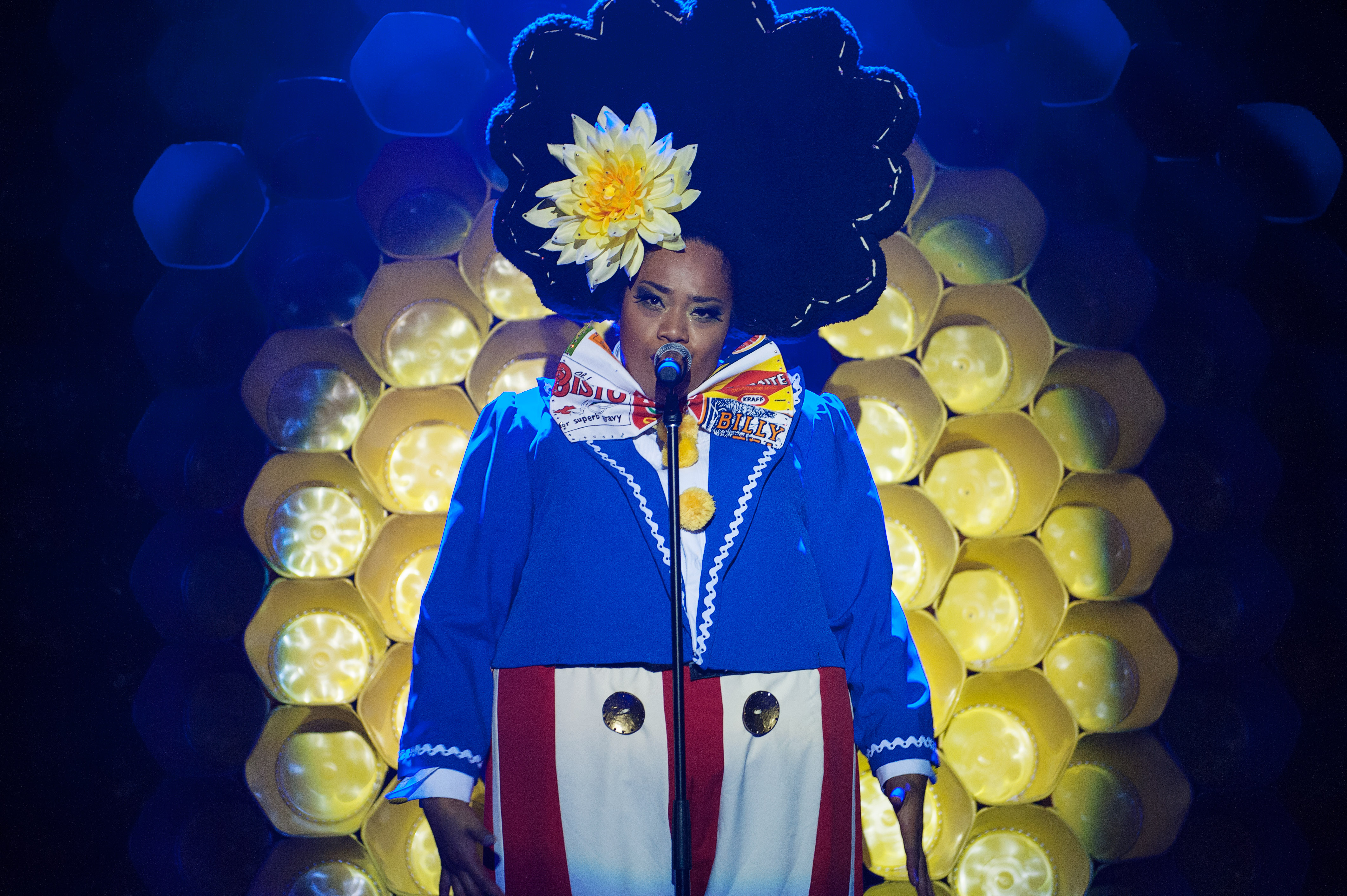In a new series, we celebrate Great Northerners. For Northern Soul‘s Desmond Bullen, it’s Les Dawson. Who gets your vote?
Don’t be deceived by appearances.
There has never been anybody quite like Les Dawson. At first glance, it’s easy to imagine him propped up resignedly over a microphone stand, sweat-browed and spreading with seemingly permanent middle-age, making up the numbers between Mike Reid and Bernard Manning, a reliable turn on the quick-fire waltzers of Granada’s ersatz Working Men’s Club, The Comedians.
But, like his suits, such company would be ill-fitting.
For one thing, Dawson never needed The Comedians. He was established through mischance, perseverance and Hughie Green before its conveyor belt first lumbered into motion. For another, the likes of Manning and Reid – the former boorish, the latter pattering – were never his peers.
While the Embassy Club misogynist rasped his gags from the safe side of the punchline, Dawson’s self-deprecation kept him on equal footing with such joke themes as his extravagantly mythological mother-in-law, signalling that his misanthropy was more the affectionate disappointment of the steadfast romantic, his faith in love devout.
Perhaps his most fondly-remembered creation, Cissie Braithwaite, born out of wedlock to Norman Evans’ Fanny Fairbottom to spar indefatigably from snug to bingo hall and back again with Roy Barraclough’s social-climbing Ada Shufflebotham, speaks eloquently of such unfettered affection, even while mouthing silently at the unmentionables.
Indeed, for all his apparent solidity, there was always something oddly protean about Dawson. From a certain point of view, the glorious moment in which he gleefully snapped Terry Wogan’s spindled microphone, thereby transforming Blankety Blank from a harmless diversion into something more akin to a Dadaist cabaret anticipating and inspiring Vic Reeves’ Big Night Out, is as radical as Bowie’s transmission of Starman, his arm draped around Mick Ronson, only the decade before.
Born into austerely non-glamorous pre-war, pre-Health Service 1930s Collyhurst, Dawson was raised among its ginnels and terraces. Of his time and place he was nevertheless ahead of his time and out of his place, a mis-shape in the mould of his primary school. Even so, an early success into word-smithery, A Winter’s Day, was applauded by a prescient Mr Hetherington for demonstrating “the talents of a fine writer”.
Through it all – the lean years during when he could barely get a foot in the door as a Hoover salesman, never mind as a performer, and the decades which followed of waning and waxing success – Dawson wrote.
Writing was his first love, the one he eloped to the continent in pursuit of, hoping to author the great novel of his times. He returned with nothing more than four months’ experience of playing piano in a dive bar, a role which conferred a gossamer veil of respectability over the entrance to a Parisian brothel.
It took craft to play the piano as badly as Dawson did, to convey a melody with just enough inexactness to remain familiar in its wrongness. It took art to hone monologues that propelled slapstick falls from beauty to bathos. And it took genius to wear such talent so lightly, to – like some comedic Columbo – conceal his mind’s sharpness beneath a more commonplace exterior.
Few comedians have statues raised in their name; such tributes are the lot only of the most loved, the Eric Morecambes, the Frank Sidebottoms of this world. I’ll wager that no one else has been resurrected as a hologram as Dawson – preposterously, movingly – was in 2013, an accolade fit for a Tupelo king. And a Collyhurst one.
Les Dawson. 1931-1993. There is a light that never goes out. And that toilet roof still needs fixing.











